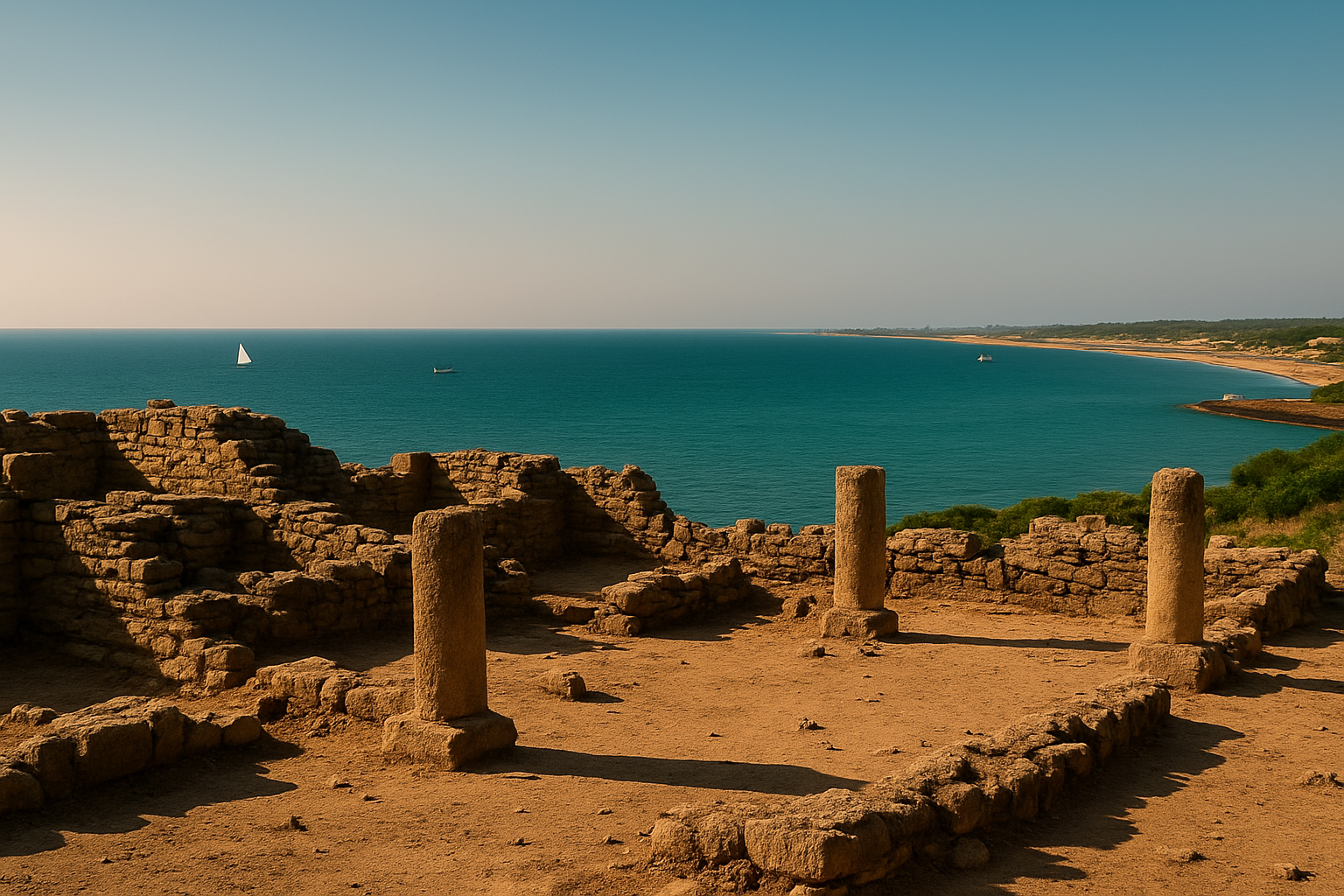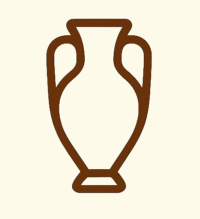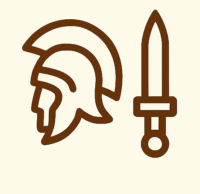
WHERE ANCIENT
CULTURES MEET
Discover the rich history and unique
landscapes of this remarkable province of Huelva
Ancient Civilizations
Huelva, in the southwest of Spain, is a land where history runs deep and the echoes of ancient civilizations still resonate. Known in antiquity as Onvba, this province was the cradle of Tartessos, considered the first civilization in Western Europe, flourishing almost 3,000 years ago.
From the rich mineral wealth of the Río Tinto to its strategic position on Atlantic trade routes, Huelva became a meeting point for cultures such as the Phoenicians, Greeks, and Romans, each leaving their mark on its landscapes and heritage. The story continues through the era of Al-Andalus and into the time of Columbus, whose voyage to the New World began on these shores.
On this site, you can explore Huelva’s past through interactive maps, photographs, and historical narratives that bring these epochs to life. Let the journey through time begin with our timeline below, and uncover the legacy of one of Spain’s most fascinating regions.

Tartessos
First civilization of Western Europe. Known for its mineral wealth, local mythology, and contact with the Phoenicians. The mythical King Argantonio is its most iconic figure.

Phoenicians
Masters of trade and navigation. They founded coastal colonies in Huelva, introduced alphabetic writing, and brought new religious cults.

Greeks
Explorers and strategic allies. They established exchanges with Tartessos and spread art, pottery, and elements of their culture.

Romans
Empire and territorial organization. Huelva became part of the Roman province of Baetica, featuring roads, villas, fish-salting factories, and remarkable urban development.